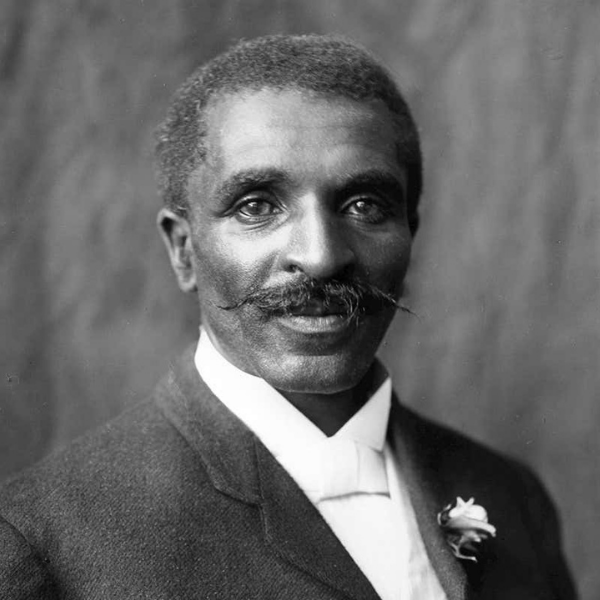What is a Benjamin-Carver Scientist?
FIRST Benjamin-Carver Scientists program is funded in part through the NIH Common Fund’s Faculty Institutional Recruitment for Sustainable Transformation (FIRST) program. Scientists selected to participate are deemed a “Benjamin-Carver Scientist” and will benefit from relationships with both the University of Alabama at Birmingham and Tuskegee University.


Benjamin-Carver Scientists are committed to achieving health equity through research. This program aims to create a model for systemic and sustainable institutional culture change. With an ultimate goal of achieving health equity, the work of Benjamin-Carver Scientists focuses on research areas where disparities are particularly evident in our region.
Our Goal
Creating Systemic and Sustainable Culture Change
Ultimately, the Partnership is designed to support inclusive excellence in research at both institutions. Each school is part of a region with substantial disparities in health status and outcomes. The research conducted by the Benjamin-Carver Scientists on health equity is an area of significant and substantial commitment for both UAB and Tuskegee.

History of Partnership
Our two universities, located only ~130 miles apart, have complementary strengths and have been partners for almost 20 years. Because of our shared interest in health equity research, our partnership has resulted in publications, grant funding, and investigators trained to conduct health disparities research.
Though considerable progress has been made, more work is needed—especially at institutional levels. We believe that there is no place better positioned to serve as a model for this transformational opportunity than our institutions in Birmingham and Tuskegee, Alabama.
The FIRST Benjamin-Carver Scientists program offers the opportunity to translate our collaborative track record into comprehensive institutional changes and long-term structural support to grow and sustain faculty at both UAB and Tuskegee with different and wide-ranging life experiences, perspectives, and backgrounds. The past year has shown that change can be accomplished rapidly.
Our partnership will create synergy and more impactful change than either institution can achieve alone. With the UAB and Tuskegee partnership, and the FIRST Benjamin-Carver Scientists, our collaboration advances health equity research and strengthens the ties between our two institutions. Additionally, this opportunity adds value for not just our Benjamin-Carver Scientists, but all early-career faculty, by providing access to resources, facilities, and populations not normally available at one or the other institution.
Why the name Benjamin-Carver?
Regina Benjamin, M.D.
Dr. Benjamin is a nationally recognized humanitarian and an expert in rural medicine. She graduated from UAB and served as a physician for a rural Alabama community. In 1995, she became the youngest person and the first African American female to serve on the AMA’s board of trustees. Three years later, she received the Nelson Mandela Award for Health and Human Rights. In 2009, she was confirmed by the US Senate to become the 18th Surgeon General of the US.


George Washington Carver
Born into slavery a year before it ended, Carver left home at a very young age to pursue an education. Ultimately, he earned a master’s degree in agricultural science from Iowa State University. In 1896 he came to what is now known as Tuskegee University to direct its new department of agriculture. Though he had many talents, George Washington Carver is most well-known as an agricultural scientist and inventor who developed hundreds of products using peanuts, sweet potatoes, and soybeans.

